Search
Search Results
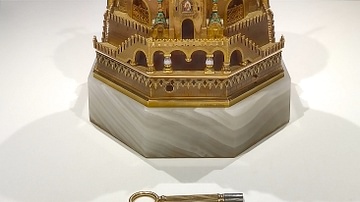
Image
Uspensky Cathedral Egg by Fabergé
The 1904 Uspensky Cathedral Egg by Peter Carl Fabergé (1846-1920). The egg was given by Tsar Nicholas II (r. 1894-1917) to his wife Alexandra Feodorovna. It shows the cupola of the Uspensky Cathedral with surrounding Kremlin towers in Moscow...
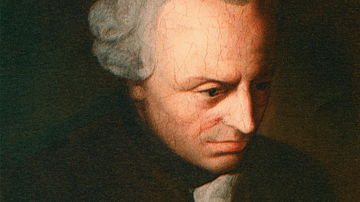
Definition
Immanuel Kant
Immanuel Kant (1724-1804) was a German Enlightenment thinker who is widely regarded as one of the most important philosophers of any period. His most famous works of critical philosophy include The Critique of Pure Reason, which challenged...
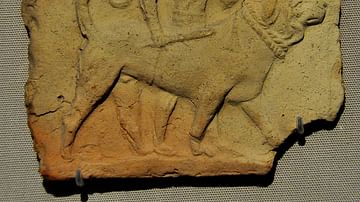
Article
Dogs & Their Collars in Ancient Mesopotamia
Among the many contributions to world culture credited to Mesopotamia is an object so familiar to people in the modern world that few pause to consider its origin: the dog collar. Throughout the ancient world, from China to Rome, dogs are...

Definition
Sun-Tzu
Sun Tzu (l. c. 500 BCE) was a Chinese military strategist and general best known as the author of the work The Art of War, a treatise on military strategy (also known as The Thirteen Chapters). He was associated (formally or as an inspiration...
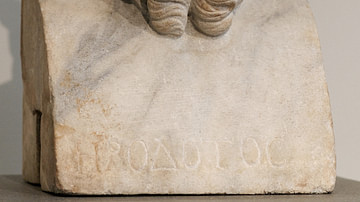
Definition
Herodotus
Herodotus (l. c. 484 – 425/413 BCE) was a Greek historian famous for his work Histories. He was called The Father of History by the Roman writer Cicero, who admired him, but has also been rejected as The Father of Lies by critics, ancient...
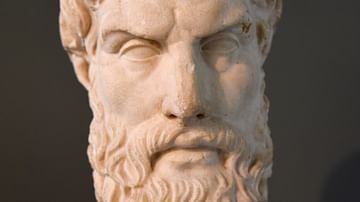
Definition
Epicurus
Epicurus (341 BCE – 270 BCE) was an ancient Greek philosopher, the founder of the Epicurean school in Athens, who taught that "Pleasure is the principle and end to a happy life." He was a prolific writer, amassing 37 volumes...
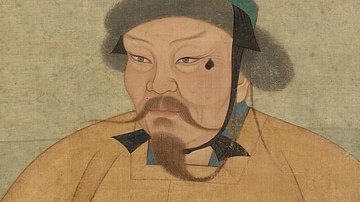
Definition
Ögedei Khan
Ogedei Khan (aka Ogodei) ruled the Mongol Empire from 1229 to 1241. He was the third son of Genghis Khan (r. 1206-1227), the empire's founder. Ogedei's accomplishments included creating a new capital at Karakorum, establishing a system of...
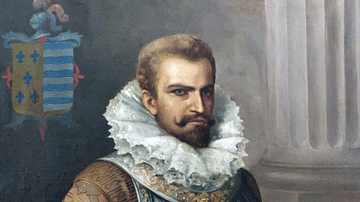
Definition
Pedro de Alvarado
Pedro de Alvarado (c. 1485-1541) was a Spanish conquistador who became the first governor of Guatemala in 1527. Living an extraordinary life of adventure, Alvarado participated in separate expeditions to Mexico, Central America, South America...
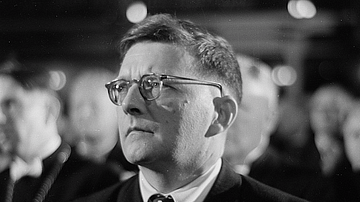
Definition
Dmitri Shostakovich
Dmitri Shostakovich (1906-1975) was a Russian composer of operas, ballets, concertos, string quartets, and 15 symphonies. Shostakovich was frequently denounced by the repressive Soviet state, but in some periods, he also gained official favour...
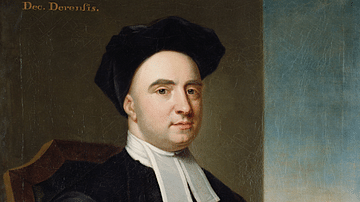
Definition
George Berkeley
George Berkeley (1685-1753) was an Anglo-Irish bishop and an empiricist and idealist philosopher. He infamously claimed that no matter exists outside of God and that things only exist outside of our minds and perceptions because God perceives...